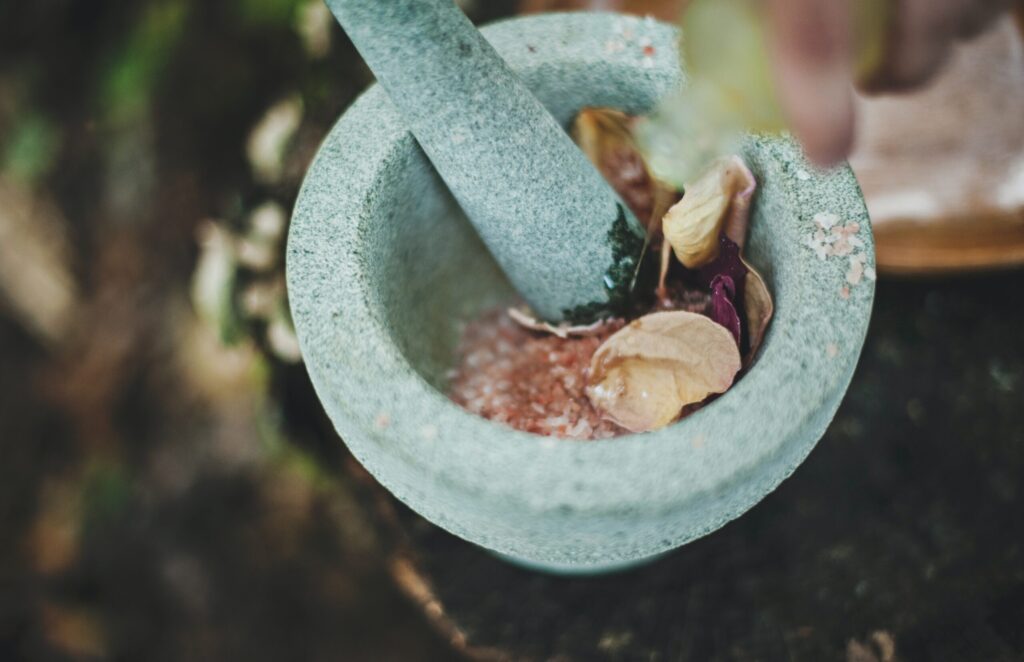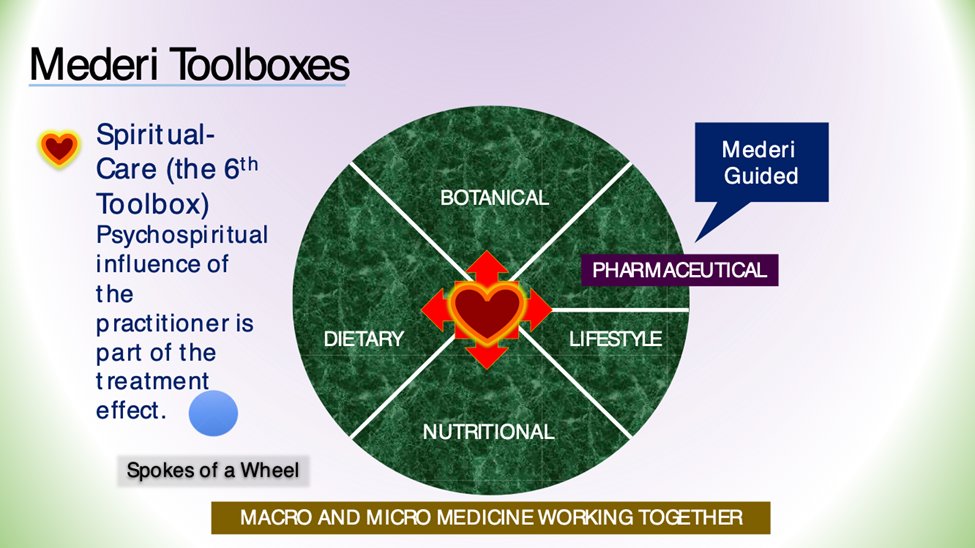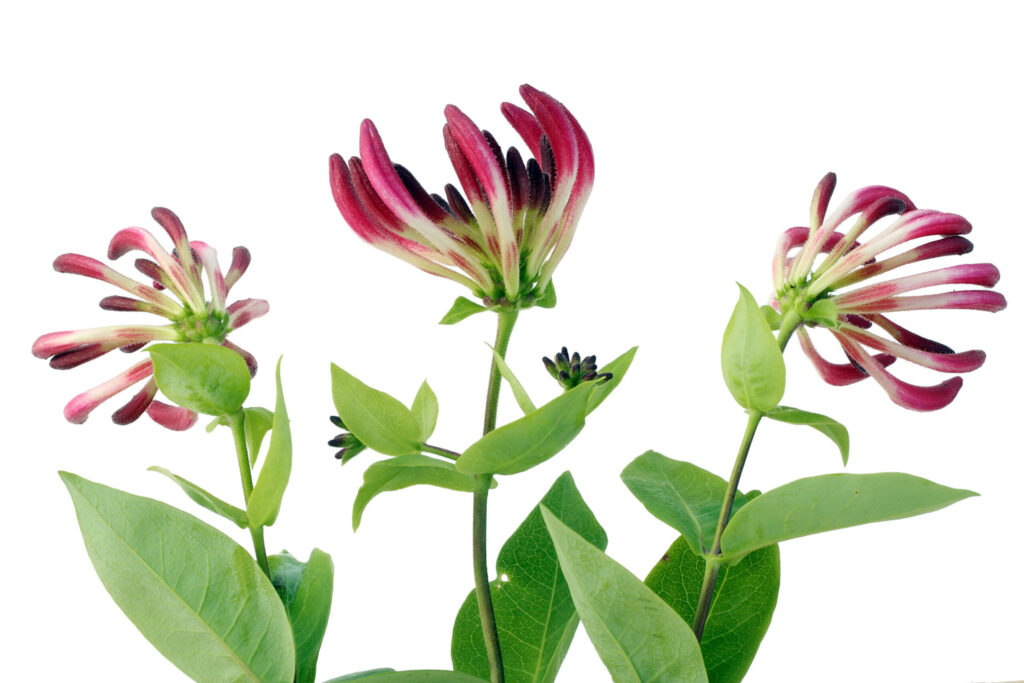
Are Oxalates in Spinach Bad for You? Let’s see
Have you heard some buzz about oxalates in spinach and other leafy vegetables? A theory that’s been gaining popularity among those interested in nutrition is

Have you heard some buzz about oxalates in spinach and other leafy vegetables? A theory that’s been gaining popularity among those interested in nutrition is

Many important herbs are effective in supporting people with Parkinson’s disease. I will walk you through some of these herbs and other natural compounds that can help you or a loved one facing this disease.

Improving Cell Metabolism with Botanical Compounds Healthy cell metabolism or normal cellular metabolism is when the chemical reactions that occur in living cells are working

Statins for Lowering Heart Disease: A Bogus Study Fuels False Claims Do statins for lowering heart disease work? The headlines recently announced that low doses

When it comes to calcium and heart health, calcium is a major player. Calcium is one of the Swiss army knives of our body’s chemistry.

Have you ever wondered how life on Earth has managed to survive in the midst of volcanos, ice ages and asteroids? The answer is adaptation.

How Zinc Supports Immune Function Zinc is well known for the significant role it plays in immune response and immune health. It enhances both innate

The Traditional Medical System Perspective Long before the advent of modern conventional medicine, traditional doctors in the East and Western herbalists from the Vitalist and

In my last post, I broadly discussed the exciting field of epigenetics, which is radically changing the landscape of what we’ve long believed about genetics